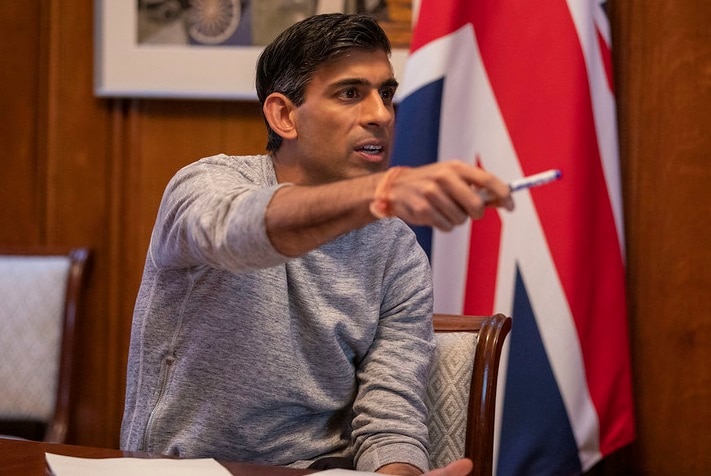Today’s Budget: Sunak’s dilemma of greater spending vs balancing the books

Later today, Chancellor, Rishi Sunak will reveal the government’s tax and spending plans in the 2021 Budget.
It is widely expected Sunak will focus on support for businesses and individuals in the aftermath of Covid 19.
Spreading the wealth around the UK with the government’s ‘levelling up’ promises, as well as its plans for greener energy and reducing greenhouse emissions to zero by 2050, will also feature, as will plans to reduce VAT on energy bills by 5 per cent.
In the last financial year, the UK government borrowed more than £320bn, the greatest amount of borrowing since the Second World War.
It will probably borrow half this amount again this year as government spending is expected to rise next year, especially in areas like schools and health.
In an effort to balance the books, Sunak has already frozen public sector pay and income tax thresholds, cut foreign aid and it is likely income tax will increase by a further 6 per cent from 2023. The chancellor also unveiled plans for further taxes on both workers and employers.
Bricks and mortar shops and business premises are likely to receive new levies today and there are rumours that the Chancellor intends to ask graduates to repay student loans earlier.
He will most likely do this by cutting the threshold from paying 9 per cent on everything they earn over £27,295 per year, over thirty years, to everything over a potential £20,000.
This will cost them approximately £656 a year more, while some ministers proposed a threshold of £23,000 and extending student loan repayments to over forty years, so keeping them in debt for an additional ten years.

Increased debt
“Whether it’s rising inflation, minimal interest rates, increased taxation on your pension savings; raises in income tax, Council tax or capital gains on your property, this high spending Budget is likely to see increased debt across the UK’s population,” commented Jason Cozens, founder and CEO of payments firm Glint, based on City Road.
Zooming in on today’s Autumn Budget, City A.M. caught up with Cozens, who sighed that “every day we are witnessing rising energy bills and higher-priced groceries, as well as hikes in other household costs.
The combination of high inflation, caused by out of control Quantitative Easing and low interest rates are visible to all of us, he added.
First time buyers are going to continue to swim against the tide, once they’ve saved enough for their deposit, they are likely to find out that it’s no longer enough to secure the home they were saving for.
Jason Cozens, CEO of City Road-based Glint
“Your money simply doesn’t go as far as it used to, but if you’re on a low income and don’t have the benefit of savings, you’re going to feel the pinch even more,” he said.
“Your fiat money is going to be stretched further as it becomes worth less and less.”